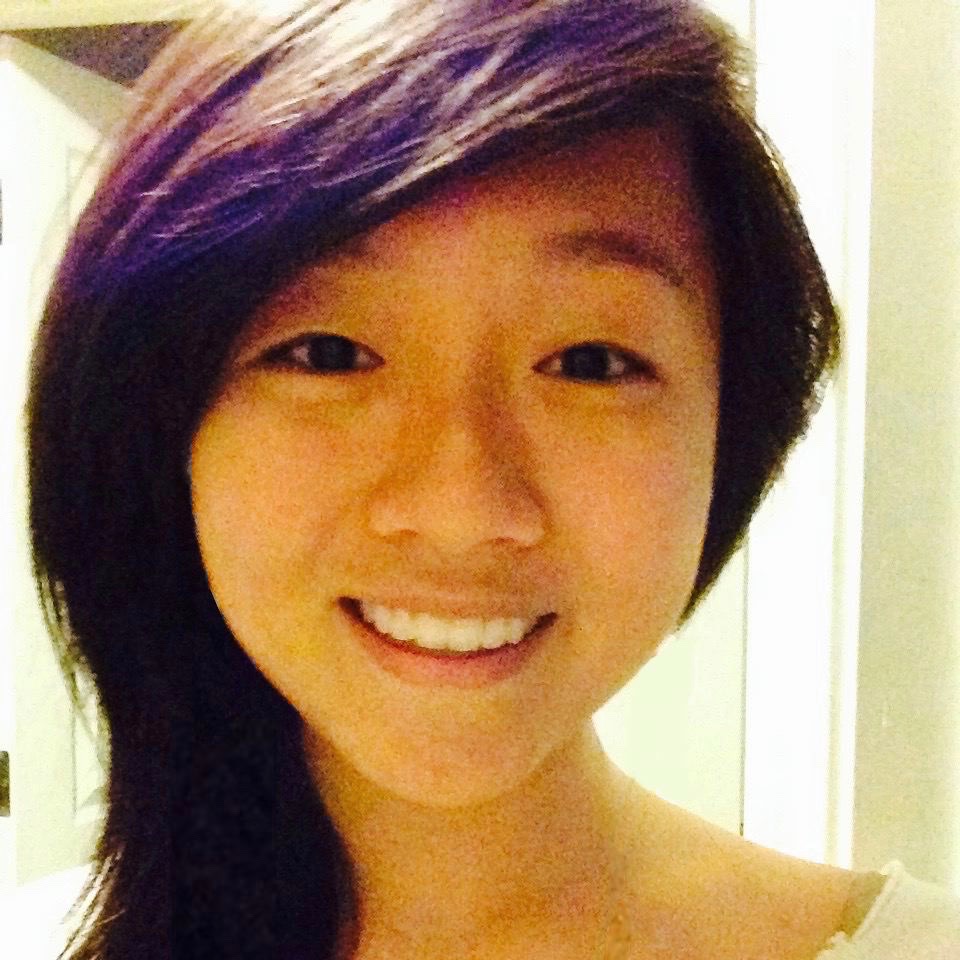Disordered eating occupies a spectrum—anorexia nervosa at one end, morbid obesity at the other. Attempting rigid control of the body and its appetites, anorexics are unable to see themselves and their bodies accurately. Compulsive overeaters—often obese—similarly might not see themselves accurately. In both disorders, controlling food is the aim, a genuine addiction, a strategy through which addicts deal with the world and their own circumstances—a necessary coping skill, even though it is risky to health in both cases.
Read moreWe Need More Stories From Young Patients by Kelley Yuan
Kelley Yuan will begin her studies at Sidney Kimmel Medical College in 2018 as part of the Penn State/SKMC combined BS/MD program. Her paper entitled "Stories from Kids: The Unheard Voices of Pediatric Patients" appears in the Spring 2018 Intima: A Journal of Narrative Medicine.
Thousands upon thousands of patient narratives. Remember the one from the eleven year old? Me neither.
We need more stories from young patients. They experience illness and emotions just as exquisitely as adults, if not more so. From their accounts we stand to learn a great deal about pain, hope and resilience. My piece, Stories from Kids: The Unheard Voices of Pediatric Patients, represents a small fraction of the many younger voices that narrative medicine has overlooked.
A great example of seeking youth voices is Ali Grzywna’s work, Anorexia Narratives: Stories of Illness & Healing. The accounts she gathered from anorexic teens and adults reveal how anorexia gave them a sense of control, a coping mechanism for other stressors, or a form of identity. Notably, she featured teen voices and the teen experience.
Based on this understanding of the underlying thought processes, therapy has evolved to treat anorexia. Instead of casting off the anorexic identity, patients learn to reshape the narrative to change their behavior—learning to select the healthy voice over the anorexic voice, instead of muting the anorexic voice altogether. Teen stories spurred progress.
Our current understanding of how children and adolescents interpret illness is dreadfully narrow, especially given the recent rise in juvenile autoimmune diseases and adolescent mental health issues. Without the youth perspective, our search for better treatments remains incomplete. The more we seek their stories, the more we can uncover to help these young minds and bodies heal.
Kelley Yuan will begin her studies at Sidney Kimmel Medical College in 2018 as part of the Penn State/SKMC combined BS/MD program. She studies illustration and fences épée when she should be revising for exams. Her work seeks to capture the rare, light-hearted moments in a field filled with pain, fear, and tough decisions. Her paper entitled "Stories from Kids: The Unheard Voices of Pediatric Patients" appears in the Spring 2018 Intima: A Journal of Narrative Medicine.

